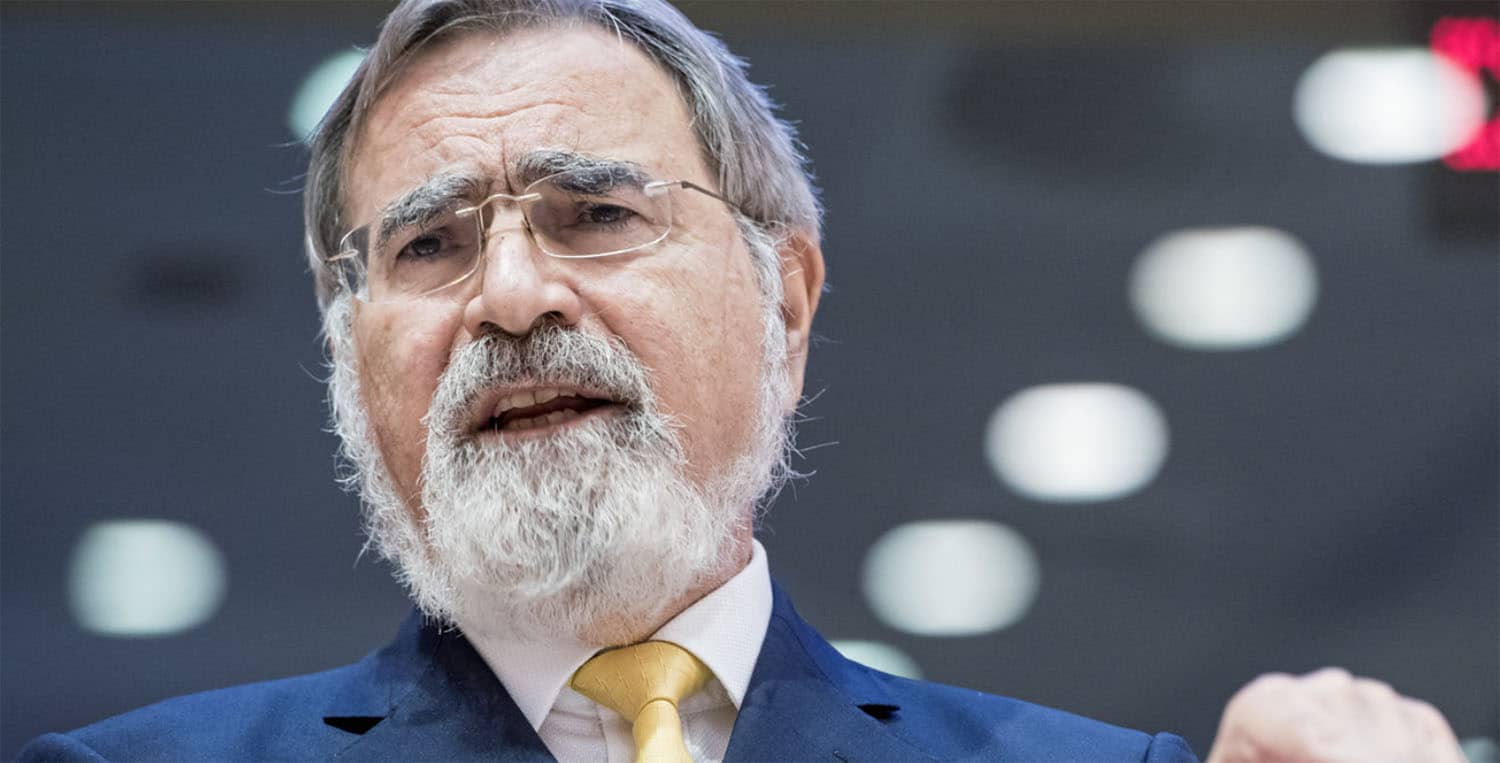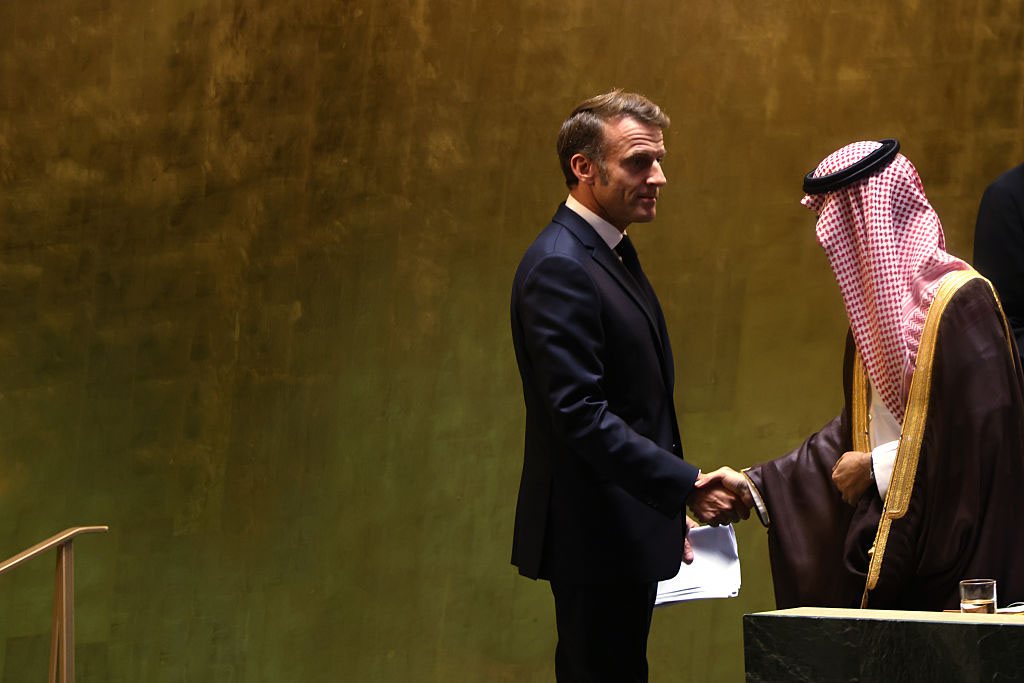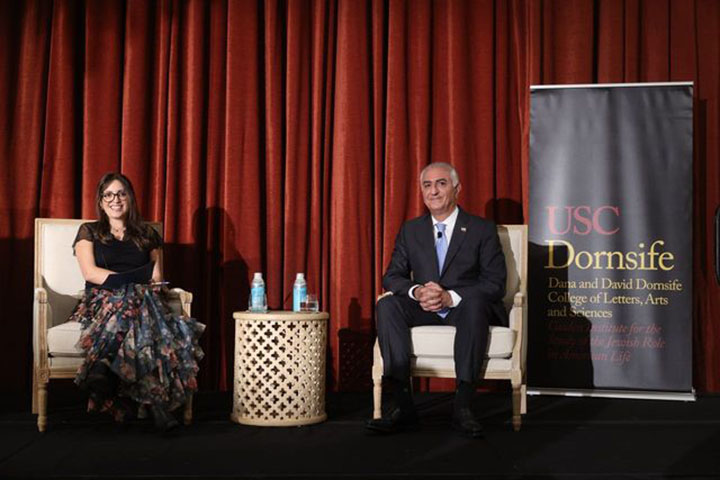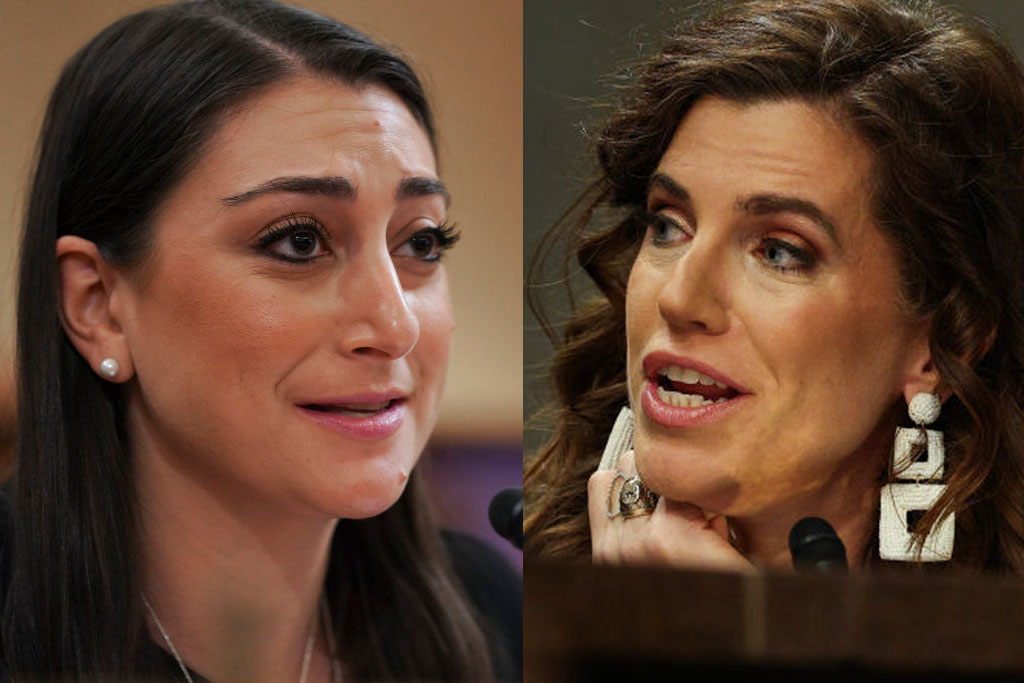
THE MEDIA LINE — Rabbi Lord Jonathan Sacks, former chief rabbi of the UK and recipient of the 2016 Templeton Prize in recognition of his “exceptional contributions to affirming life’s spiritual dimension,” died on Saturday morning.
In October, Sacks revealed that he had been diagnosed with cancer. He was 72 at the time of his death.
From 1991 to 2013, Sacks served as the chief rabbi of the United Hebrew Congregations of the Commonwealth. His erudition and moral thinking was evident in the more than 30 books, including prayer books, that he wrote and edited during his career.
Upon becoming chief rabbi in 1991, Sacks called for a “Decade of Renewal” based on five central values: “love of every Jew, love of learning, love of God, a profound contribution to British society and an unequivocal attachment to Israel.”
In his role as chief rabbi, he became an ambassador for the Jewish community in the UK and beyond. British and world media often sought out his opinions.
In 2009, Sacks was recommended for a life peerage with a seat in the House of Lords. He took the title “Baron Sacks, of Aldgate in the City of London.”
Rabbi David Rosen, international director of interreligious affairs for the American Jewish Committee, told The Media Line that Sacks was “probably the most significant exponent of Judaism in our time to the world at large.
“People knew him as the unique Jewish voice to the gentile world,” said Rosen.
British Prime Minister Boris Johnson offered his condolences. “I am deeply saddened by the passing of Rabbi Lord Jonathan Sacks. His leadership had a profound impact on our whole country and across the world,” he said.
The archbishop of Canterbury, Justin Welby, noted, “He devoted so much of his life to reflecting on God at the most profound level, and we are all the beneficiaries of his wisdom. Rabbi Sacks was always someone who you could relate to instantly. It was that rare combination – profound depth, and equally profound commitment to relating to others – that made the leadership he offered possible.”
Sacks was instrumental in creating and maintaining a deep relationship between the Anglican Church and the Chief Rabbinate of Israel, Rosen noted.
As an architect of the Anglican-Jewish Commission of the Archbishop of Canterbury and the Chief Rabbinate of Israel, Sacks developed a special relationship with the archbishops of Canterbury. Said Rosen of Sacks: “If you build a deep relationship with different religious communities,” as he did, “then you can position to achieve much more than mere advocacy.”
Rabbi Daniel Epstein, rabbi at London’s Cockfosters and North Southgate Synagogue, stated, “Rabbi Sacks has played an integral part in maintaining that covenant [between God and the Jewish people for eternity] from humanity’s perspective with his words, his erudition and, above all, his love of the Jewish people. Our greatest testament to him is to continue on the path that he held so dear and to be exemplars in Judaism and to all of society.”
Israeli President Reuven Rivlin, mourning the loss of Sacks, wrote, “We will always remember his warning against violence in the name of God and his belief that we can heal a fractured world.”
In 2017, Sacks very publicly offered his thoughts on “Facing the Future Without Fear, Together” to millions of viewers of the popular TED Talks video series.
Here he taught his audience: “When we move from the politics of me to the politics of all of us together, we rediscover those beautiful counterintuitive truths that a nation is strong when it cares for the weak, that it becomes rich when it cares for the poor, it becomes invulnerable when it cares about the vulnerable. That is what makes great nations.”
Rabbi Sacks leaves his wife of 50 years, Elaine, a son and two daughters, and numerous grandchildren.
































